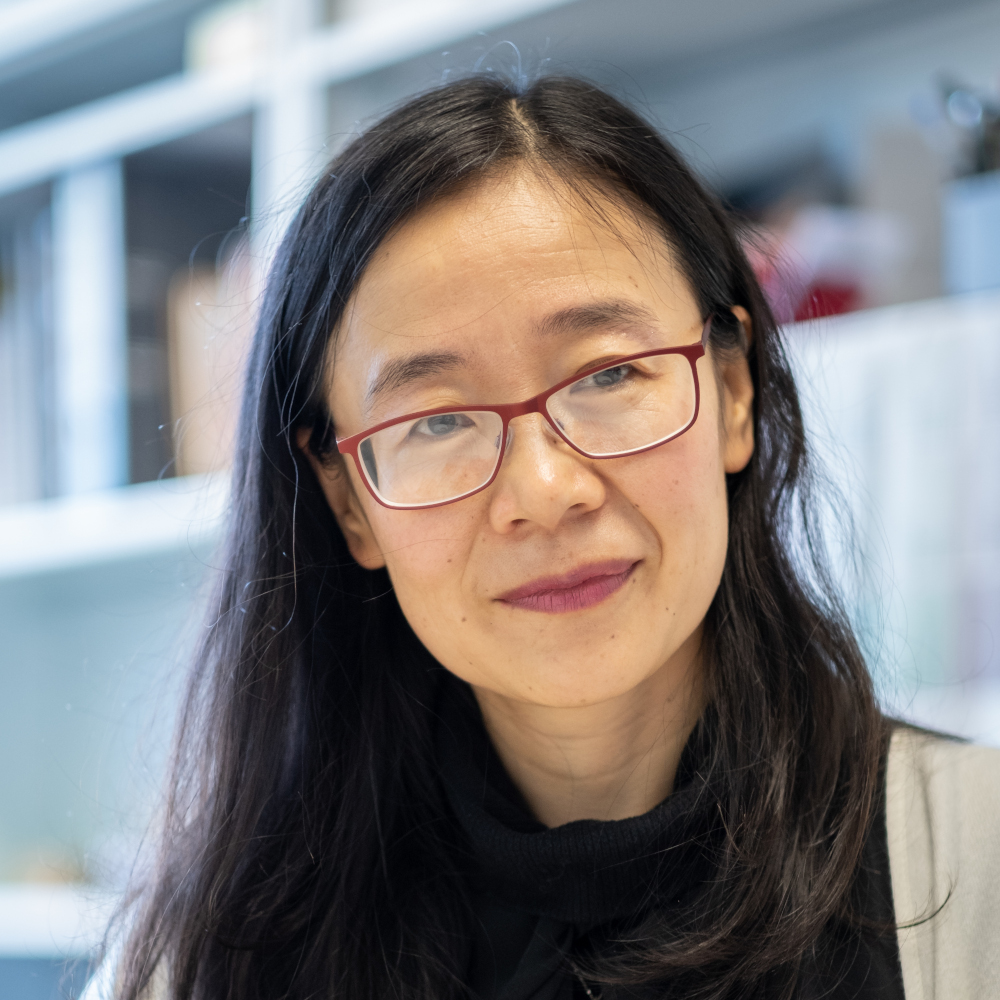Keynotes
Speaker: Dr Faez Ahmed
Associate Professor, Doherty Chair of Ocean Utilization
Department of Mechanical Engineering
Massachusetts Institute of Technology, USA
Short biography:
 Dr Faez Ahmed is an Associate Professor of Mechanical Engineering at MIT, where he leads the DeCoDE Lab. His research focuses on AI for engineering design, including generative models, multimodal representations, and human–AI collaboration. His work has been recognized with the NSF CAREER Award, ASME DAC and DTM Young Investigator Awards, the Google Research Scholar Award, and the Amazon Research Award.
Dr Faez Ahmed is an Associate Professor of Mechanical Engineering at MIT, where he leads the DeCoDE Lab. His research focuses on AI for engineering design, including generative models, multimodal representations, and human–AI collaboration. His work has been recognized with the NSF CAREER Award, ASME DAC and DTM Young Investigator Awards, the Google Research Scholar Award, and the Amazon Research Award.
Abstract:
Generative AI is transforming how we create, customize, and accelerate digital content. Yet applying these tools to engineering design introduces unique challenges, from maintaining precision under evolving requirements to working effectively in data-scarce environments and interpreting designer intent. In this talk, I will discuss these challenges and show how emerging engineering-focused foundation models are beginning to address them, reshaping workflows in areas such as vehicle design, CAD automation, and design optimization. I will highlight new opportunities enabled by generative AI that integrates multimodal data with engineering analysis and optimization, and present examples of AI-driven design co-pilots for complex engineering tasks. The talk will conclude with a forward-looking perspective on how AI can broaden design democratization, accelerate innovation cycles, and fundamentally reshape the role of engineers in the decade ahead.
Speaker: Dr Hua Dong
(Vice-Chair of Design Research Society)
Professor of Design
Director of Helen Hamlyn Centre for Design
Acting Pro-Vice Chancellor, Research & Innovation
Royal College of Art, UK
Short biography:
 Professor Hua Dong is Director of Helen Hamlyn Centre for Design at the Royal College of Art (RCA), the global leader of inclusive design research. She held a research post at University of Cambridge, and professorships at Tongji, Loughborough, and Brunel Universities (as the Inaugural Dean of Brunel Design School). She is the Vice Chair and Fellow of the Design Research Society, and Chairs an advisory committee for the Quality Assurance Agency for Higher Education’s Subject Benchmark Statement. Hua was awarded Engineering Heros: the 2021 Top 50 Women in Engineering by Women’s Engineering Society, and currently serves as Acting Pro-Vice Chancellor (Research and Innovation) of RCA.
Professor Hua Dong is Director of Helen Hamlyn Centre for Design at the Royal College of Art (RCA), the global leader of inclusive design research. She held a research post at University of Cambridge, and professorships at Tongji, Loughborough, and Brunel Universities (as the Inaugural Dean of Brunel Design School). She is the Vice Chair and Fellow of the Design Research Society, and Chairs an advisory committee for the Quality Assurance Agency for Higher Education’s Subject Benchmark Statement. Hua was awarded Engineering Heros: the 2021 Top 50 Women in Engineering by Women’s Engineering Society, and currently serves as Acting Pro-Vice Chancellor (Research and Innovation) of RCA.
Abstract:
Inclusive design aims to accommodate the widest range of users possible, within resource constraints. It involves conscious decision-making: who to include? This decision has important impact on the design process and outcomes. Ethics protocols and different methods and tools have been developed to involve older people, disabled people, children, migrants et al in the process; they are often referred to as ‘users’, ‘partners’, ‘co-designers’ – each reflecting a different relationship with the design team. Unique approaches such as ‘critical users’, ‘fix partners’, ‘designing for one, extending to many’ are used for inclusive design, with emerging discussions on AI as co-designers, and including more-than-human to extend care for people to planet. This keynote will share insights into who to include in the design process, how and why, and push thinking for future responsible design.
Speaker: Darren Henry
Senior Vice President of General Operations at PTC, USA
Short biography:
 Darren Henry serves as Senior Vice President of General Operations at PTC, where he orchestrates diverse teams spanning marketing, technical services, customer success, education, documentation, and training. A degreed mechanical engineer, Darren has held leadership roles at SolidWorks, Atlassian, OpsGenie, InVue, and Copia Automation. An expert in modern product development practices, he brings over 30 years of experience helping manufacturers adopt new technologies to accelerate innovation, improve operational efficiency, and build better products.
Darren Henry serves as Senior Vice President of General Operations at PTC, where he orchestrates diverse teams spanning marketing, technical services, customer success, education, documentation, and training. A degreed mechanical engineer, Darren has held leadership roles at SolidWorks, Atlassian, OpsGenie, InVue, and Copia Automation. An expert in modern product development practices, he brings over 30 years of experience helping manufacturers adopt new technologies to accelerate innovation, improve operational efficiency, and build better products.
Abstract:
Breakthrough innovation is a goal for many engineering teams, but in practice, it occurs in cycles. Between those moments, organizations must deliver results through consistent execution, collaboration, and continuous improvement. This session explores why balancing breakthrough innovation with operational excellence is essential, and how modern, cloud-native engineering tools make that balance achievable through greater collaboration, iterative design, improved early-stage decision-making, and AI-enabled automation.
Attendees will learn how teams using Onshape, a cloud-native CAD and PDM platform, apply these new capabilities in real-world workflows. Through examples from industry, attendees will see how Onshape enables teams to explore ideas in parallel, make better decisions earlier, and continuously improve productivity and reliability across the product development lifecycle.










